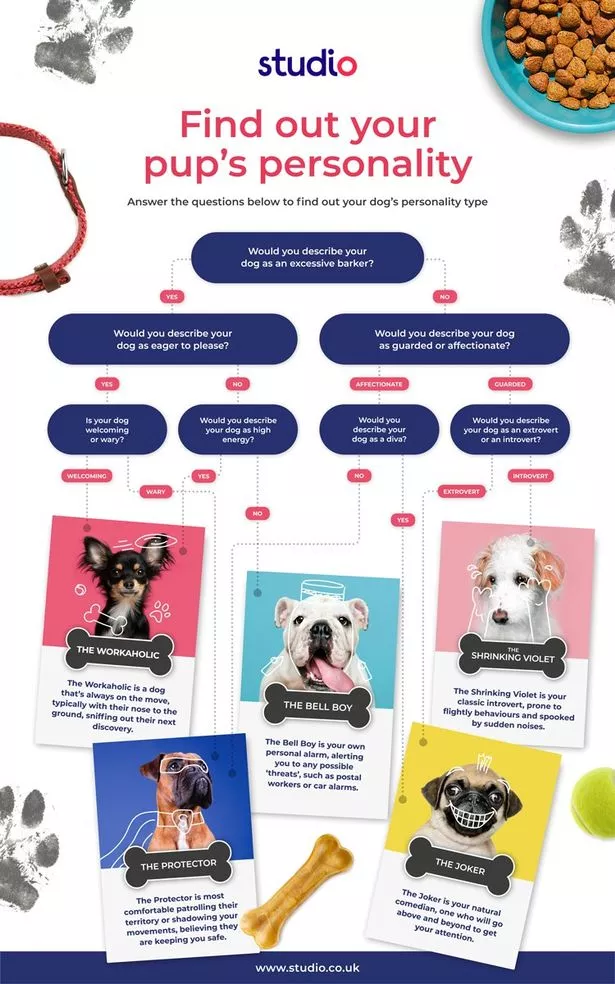Understanding the intricate relationship between pets and their owners has long been a fascinating pursuit, both for psychologists and animal lovers alike. The idea that our beloved pets might reflect aspects of our personalities prompts an exploration into the depths of human-animal interactions. What revelations does science offer about the personality traits of pet owners and how these traits may correlate with their choice of pets?
Research indicates that pet ownership is often not a mere coincidence; rather, it is a conscious reflection of one’s character. Various studies have shown that the types of pets individuals choose can be indicative of certain personality traits. For example, dog owners frequently exhibit extroverted behaviors, such as sociability and assertiveness. In contrast, cat owners tend toward introversion, often characterized by independence and a more contemplative demeanor. This juxtaposition hints at a fascinating theory: our pets may indeed serve as mirrors of ourselves.
One of the pivotal studies in this domain, conducted by psychologists at the University of California, delves into the psychological dimensions of pet ownership. It posits that individuals select pets that resonate with their personality attributes. For instance, a person who identifies as nurturing might gravitate toward a more dependent species, such as dogs, which often require consistent care and companionship. Conversely, those who value autonomy and self-sufficiency may prefer cats, creatures known for their independent nature.
Moreover, the emotional bond forged with a pet can further substantiate this notion. Pets not only reflect our personality traits but also reinforce them. For example, dog owners often engage in more outdoor activities, bolstering their social networks through dog parks and communal walks. This active engagement complements their naturally extroverted tendencies. On the other hand, cat owners may find solace in solitary time spent with their feline companions, fostering quiet introspection and a deepening of their inner lives.
In more granular terms, specific breeds can reveal even finer details about our personalities. A recent survey indicated that individuals who prefer larger dog breeds, such as Great Danes or Mastiffs, often exhibit dominant traits, suggesting leadership qualities. Conversely, those who favor small, delicate breeds—like Chihuahuas or Pomeranians—may display a propensity for care and protection, indicative of nurturing personalities. This intriguing intersection of breed preference and character traits fosters a richer dialogue about the pet-owner dynamic.
The conversation becomes even more layered when considering the behavioral characteristics of pets. In a surprising turn of events, aggressive pet behaviors, such as constant barking or territorial disputes, occur more frequently in owners with high neuroticism. These owners may experience stressors that are mirrored in their pets’ tendencies. This phenomenon illustrates the unbounded connection between our emotional states and the behavioral patterns of our animals.
Interestingly, the psychological implications work both ways: pets can influence their owners’ characteristics as much as the owners shape their pets. Studies have shown that pet ownership can lead to reductions in stress, anxiety, and depression. Interaction with pets, especially playful engagements, releases oxytocin—the “love hormone”—in humans, fostering feelings of happiness and enhancing emotional well-being. Such benefits are particularly pronounced in dog owners compared to those with less interactive pets.
Furthermore, understanding the nuances of animal personality can also enhance our understanding of human dynamics. For instance, the concept of “pet personality” is gaining ground, wherein certain animals display distinct behavioral patterns that might parallel human personality categories. Dogs can be categorized as playful, aggressive, or protective; similarly, these traits can define aspects of human personalities. This layered understanding opens a gateway to not only comprehend our own behaviors but also to empathize with others.
The prospect of exploring one’s personality through the lens of pet ownership invites a shift in perspective regarding our relationships with animals. Pet ownership should not merely be viewed as a whimsical arrangement but rather as a conscious and reflective choice that aligns with our innermost selves. In recognizing this connection, deeper considerations emerge regarding responsible pet ownership and the moral implications of animal rights. Choosing a pet becomes less about preference and more about understanding and fulfilling reciprocal emotional needs.
Thus, as individuals contemplate the addition of a pet to their lives, it is crucial to consider the compatibility of personality traits. The process of selecting a pet should invite introspection: what does your choice reveal about you? Are you nurturing a side of yourself through your pet’s needs? A dog may bring out the extroverted and adventurous in you, while a cat might encourage meditation and self-reflection.
In conclusion, the interplay between pet ownership and personality traits is a rich tapestry woven from behavioral science and human psychology. Attributes inherent to both pets and their owners vary, offering a fertile ground for inquiry into the nature of companionship. As humans, we are not only caregivers but partners in emotional exchanges with our pets. Reflecting upon the nature of these relationships can yield profound insights—not only about ourselves but about the wondrous capabilities of the animal kingdom to resonate with our innermost personality traits.







